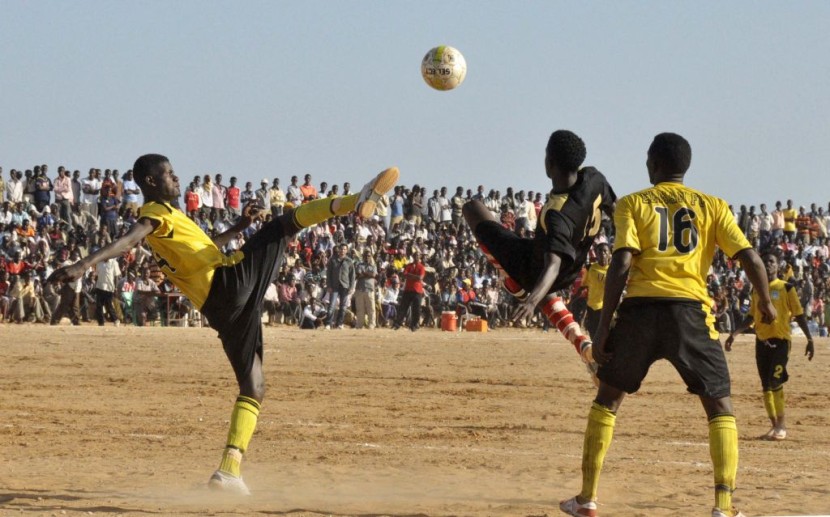In 1991, Somali leader Siad Barre, a dictator by any measure, was removed from power. This began a series of events that steadily weakened the central government, sparking an environment of constant civil war that has only recently cooled.

As is the case with stadiums in many cities that suffer the atrocities of civil unrest, the sports facilities are coopted into military bases and prison camps. This is why the return of high-level soccer to the stadium in Mogadishu holds such significance.
In December, Prime Minister Hamza Abdi Barre inaugurated the stadium, making way for a milestone soccer tournament that could be the harbinger of a return to a normalized life in Somalia.
The Associated Press reports that thousands of soccer fans stream into the stadium each afternoon, despite the threat that al-Shabbab, a proxy group for Al-Qaeda, still possesses.
The group still launches, according to the AP, attacks on buildings that host large gatherings, such as hotels, government offices, and other places around the capital. A car bombing in October 2022 resulted in 120 deaths.
Despite this, many are willing to take the risk to enjoy a sense of normalcy and secular jubilation.
"My praise be to God," said Jubbaland player Mohamud Abdirahim, whose team beat Hirshabelle in a hotly contested match on Tuesday that went to a penalty shootout. "This tournament, in which all of Somalia's regions participate, is exceptionally special. It will become a part of our history."
The states of South West, Galmudug, Hirshabelle, Jubbaland, and the Banadir administration region (The Mogadishu Municipality) each participated. Puntland and Somaliland did not participate.
What Was The Stadium Used For?
According to AP, the stadium served as a base for Ethiopian troops between 2007 and 2009 and was later occupied by extremists from 2009 to 2011. Recently the stadium served as the base for African Union peacekeeping troops between 2012 and 2018.
"When this stadium was used as a military camp, it was a source of agony and pain. However, you can now see how it has transformed and is destined to serve its original purpose, which is to play football," said Ali Abdi Mohamed, president of the Somali Football Federation.
Somali sports minister Mohamed Barre agrees.The stadium "has transformed into a place where people of similar interests can come together ... and we want the world to see this."








